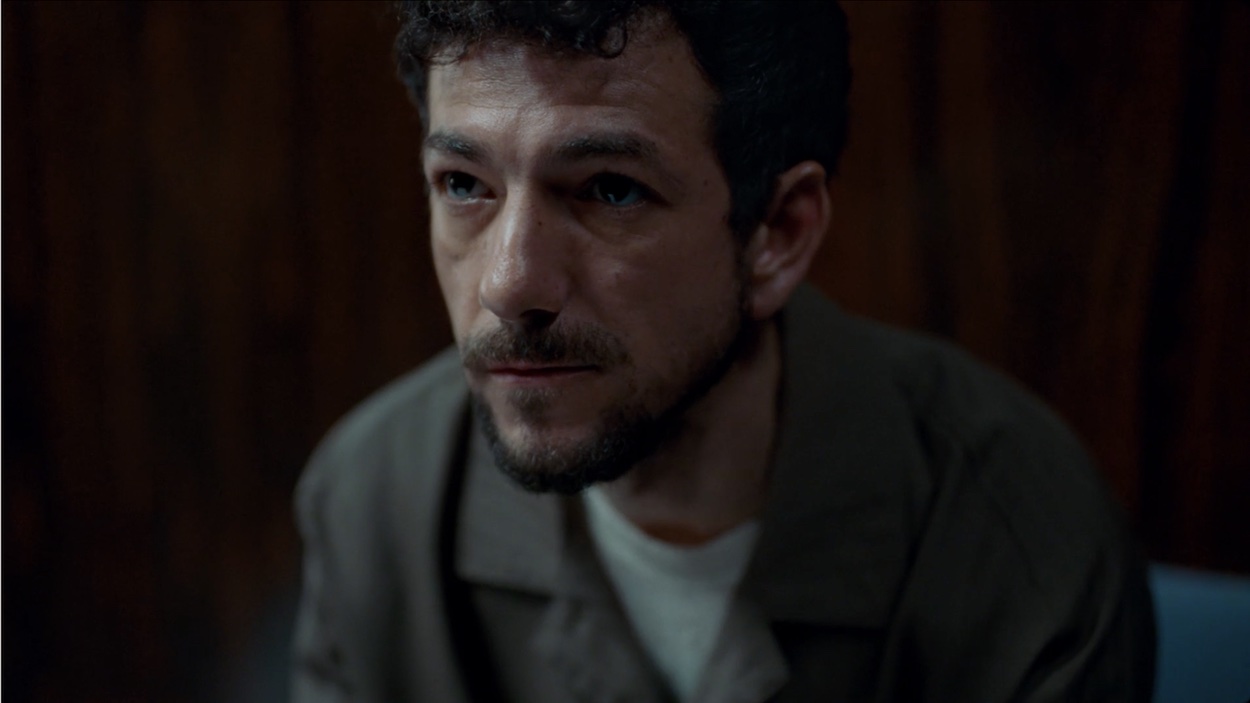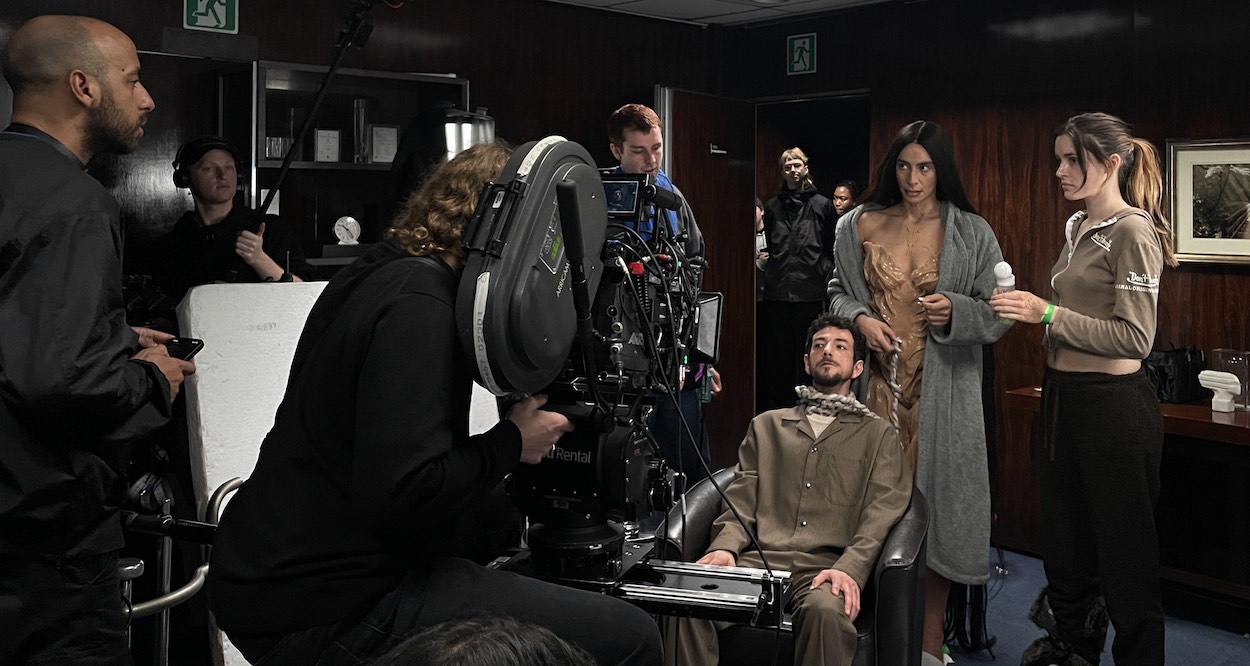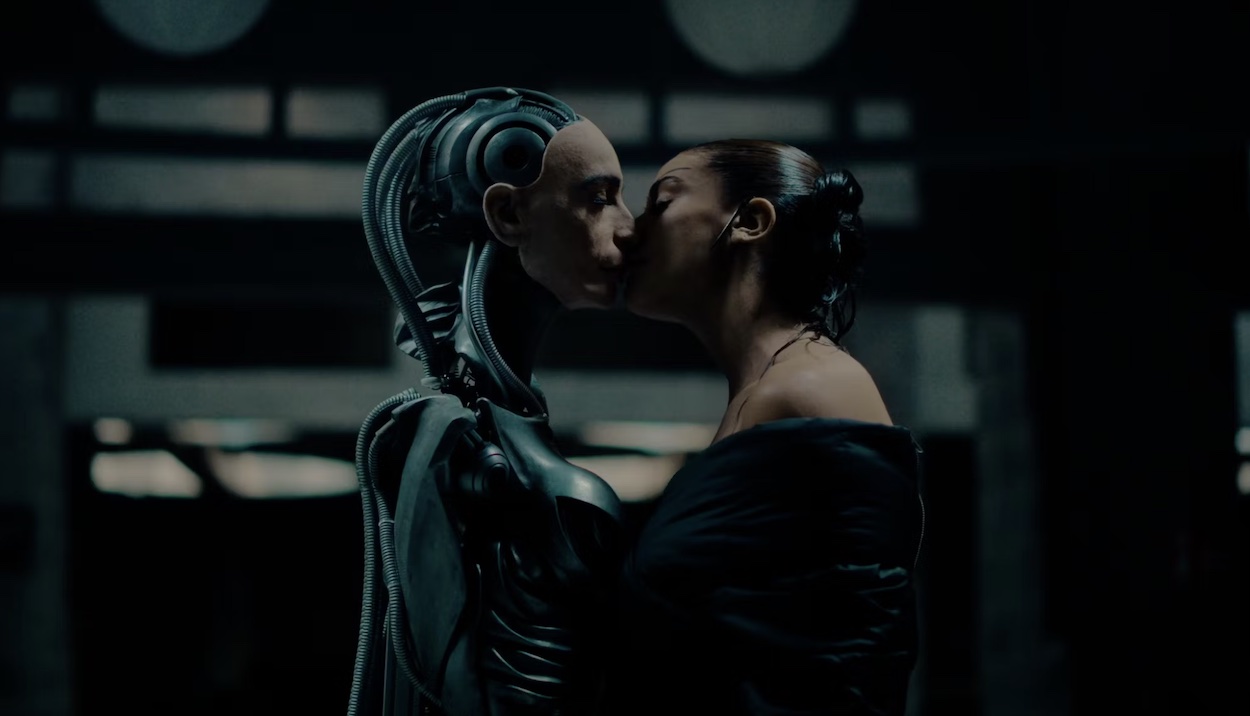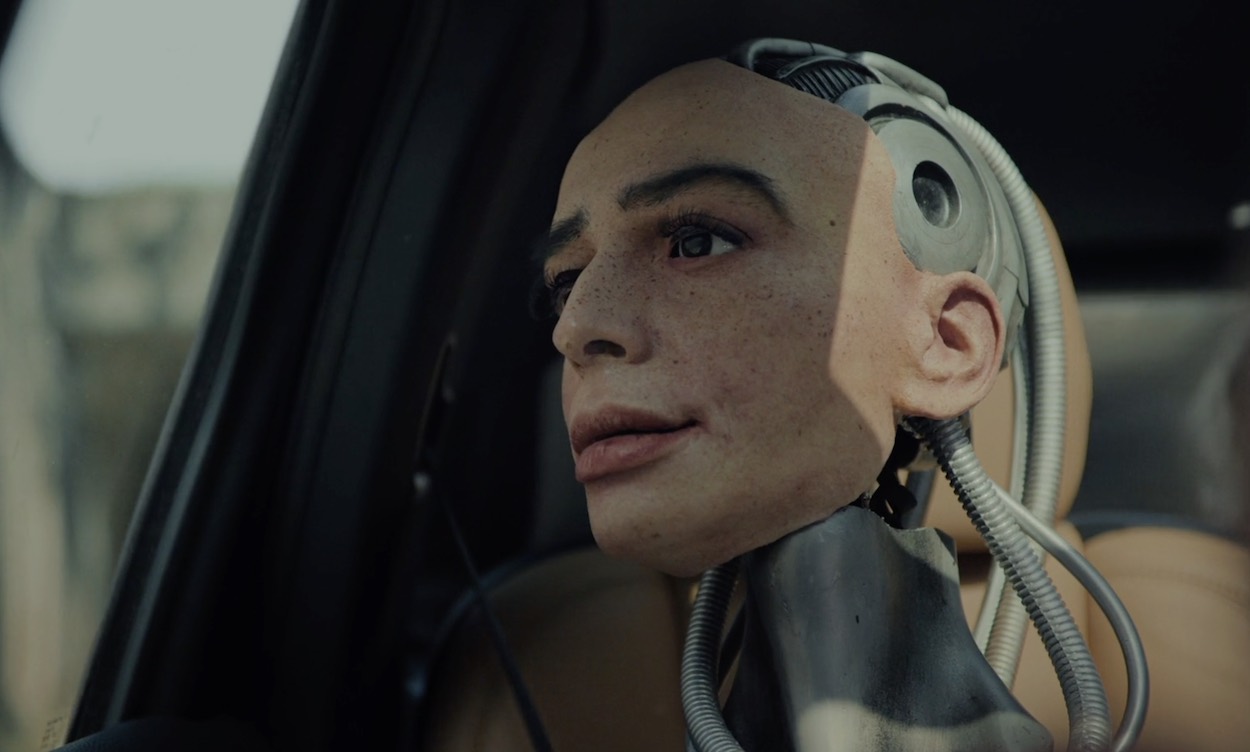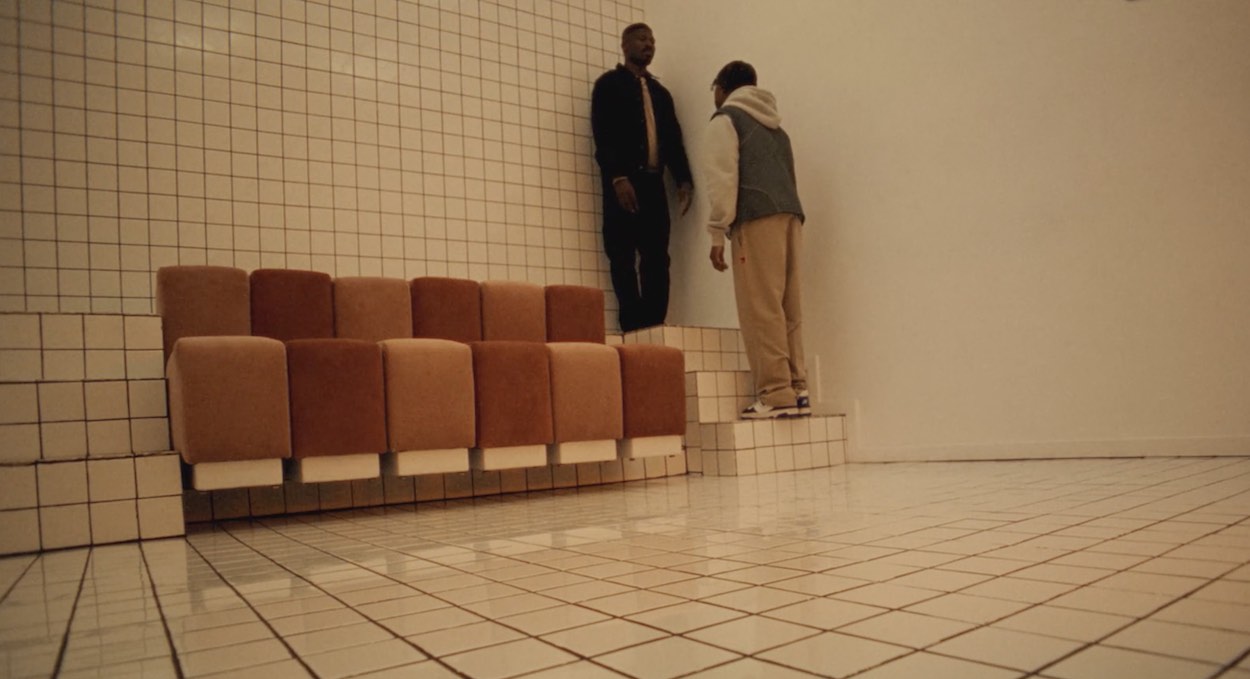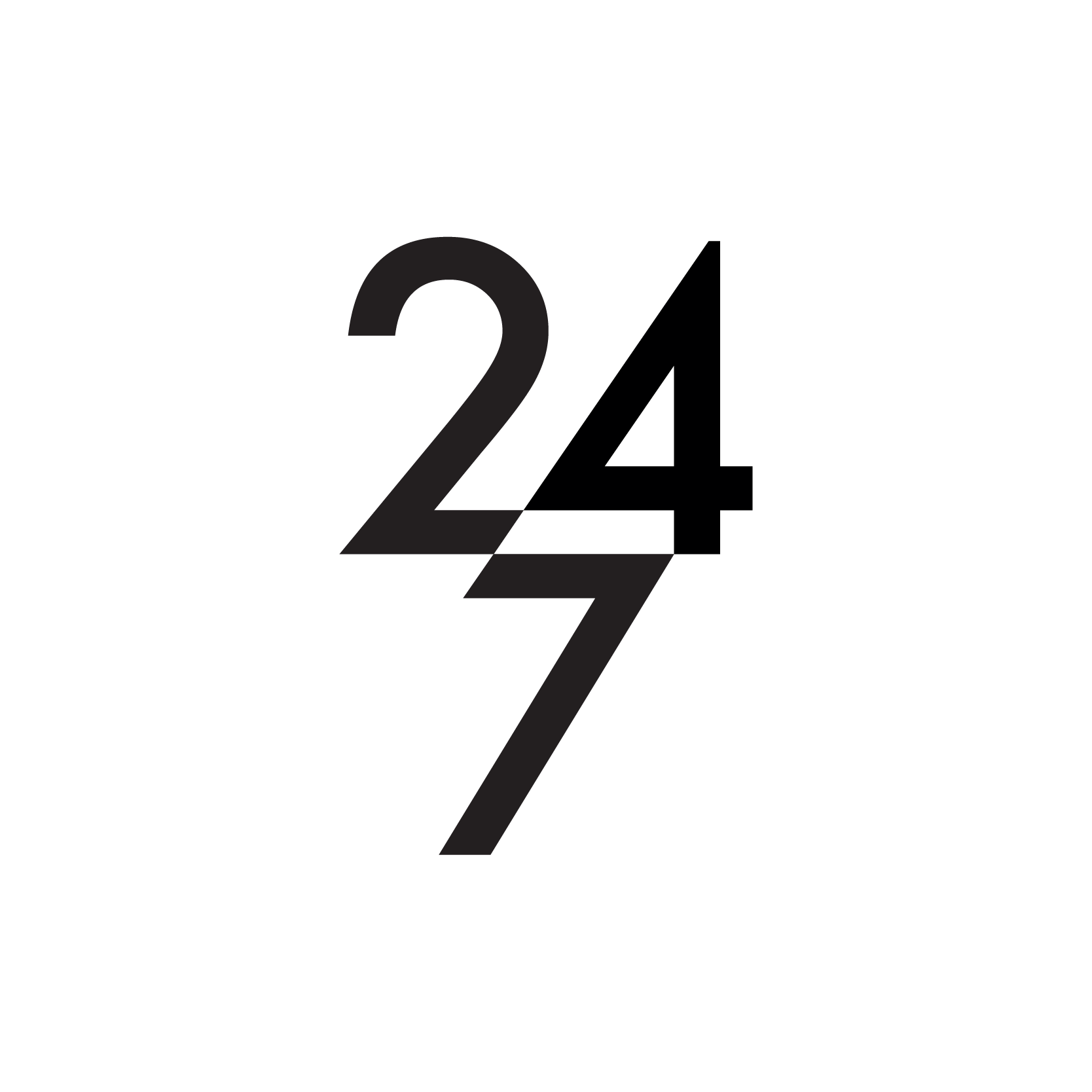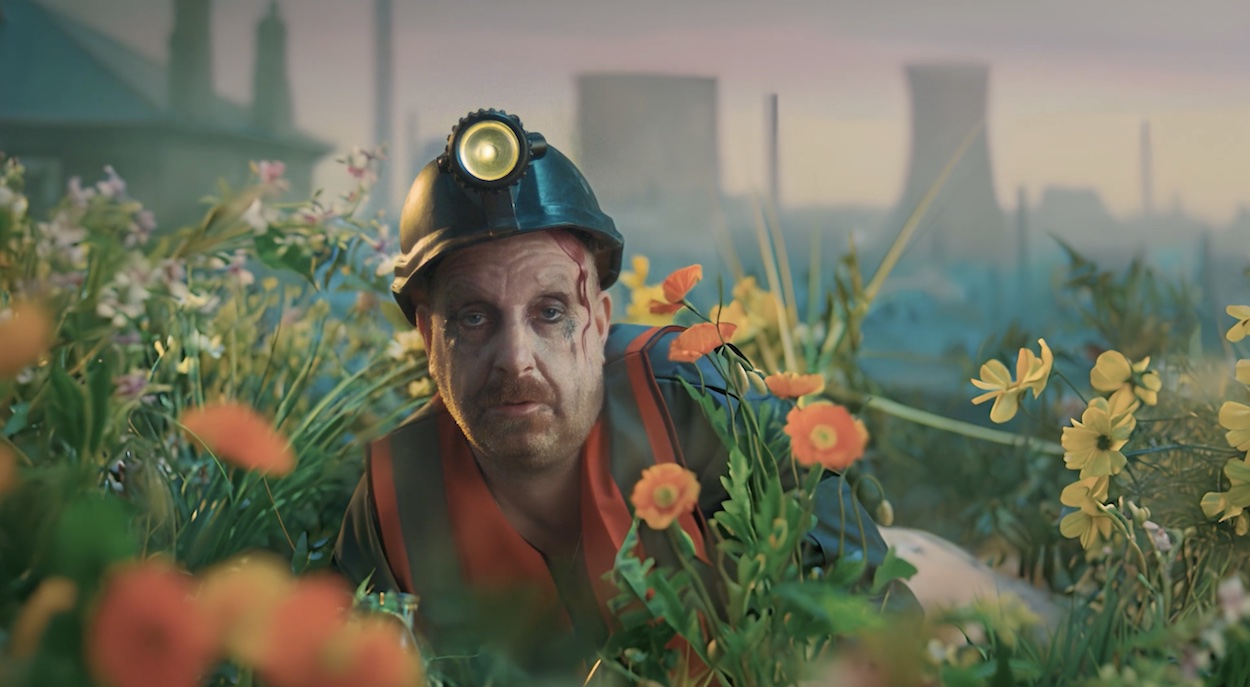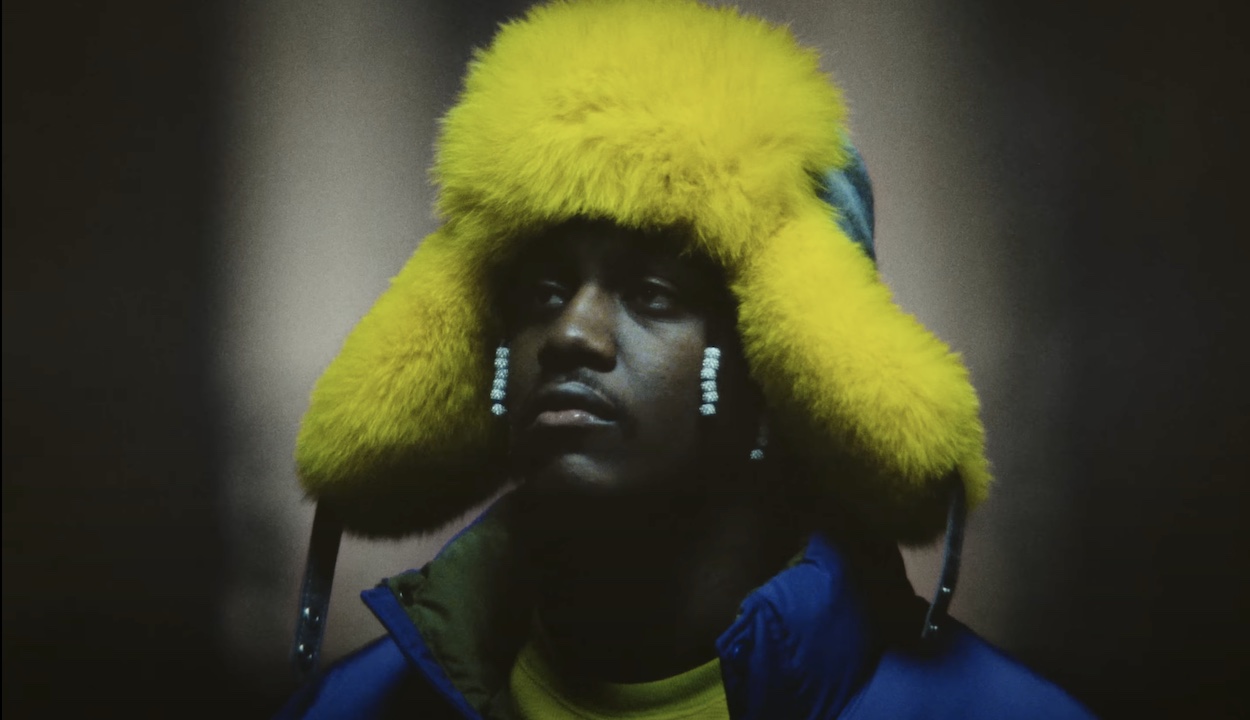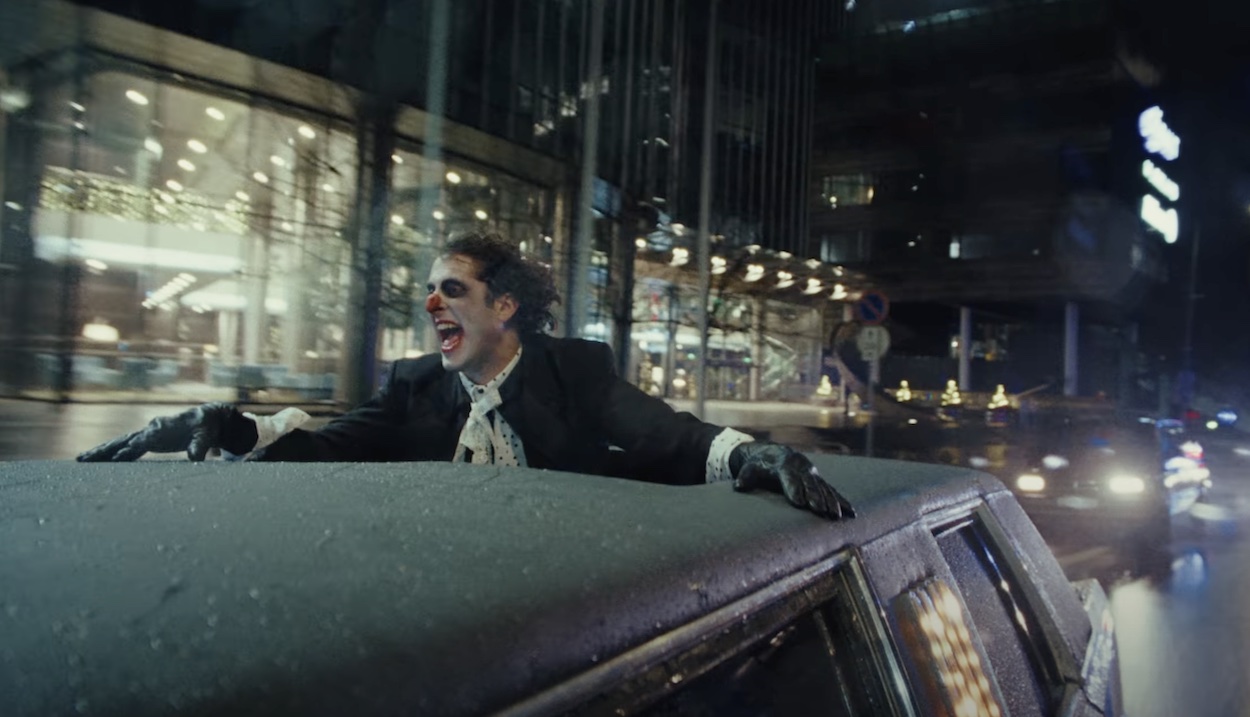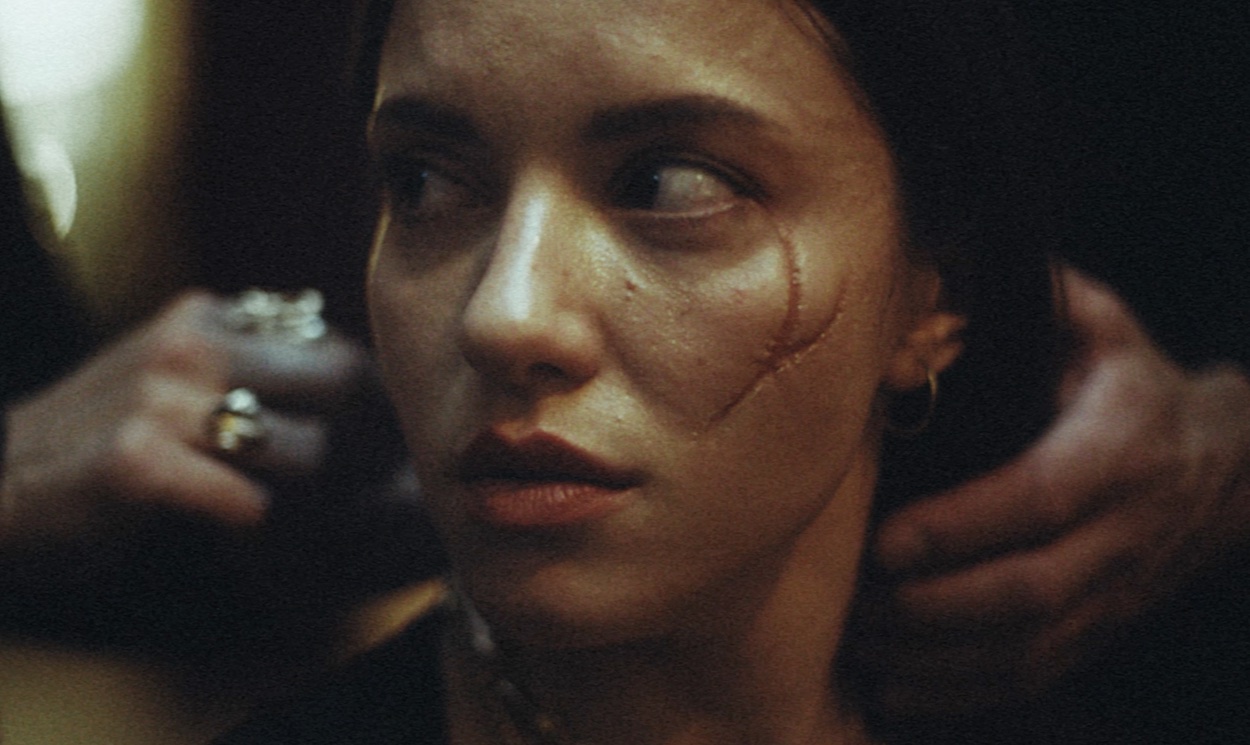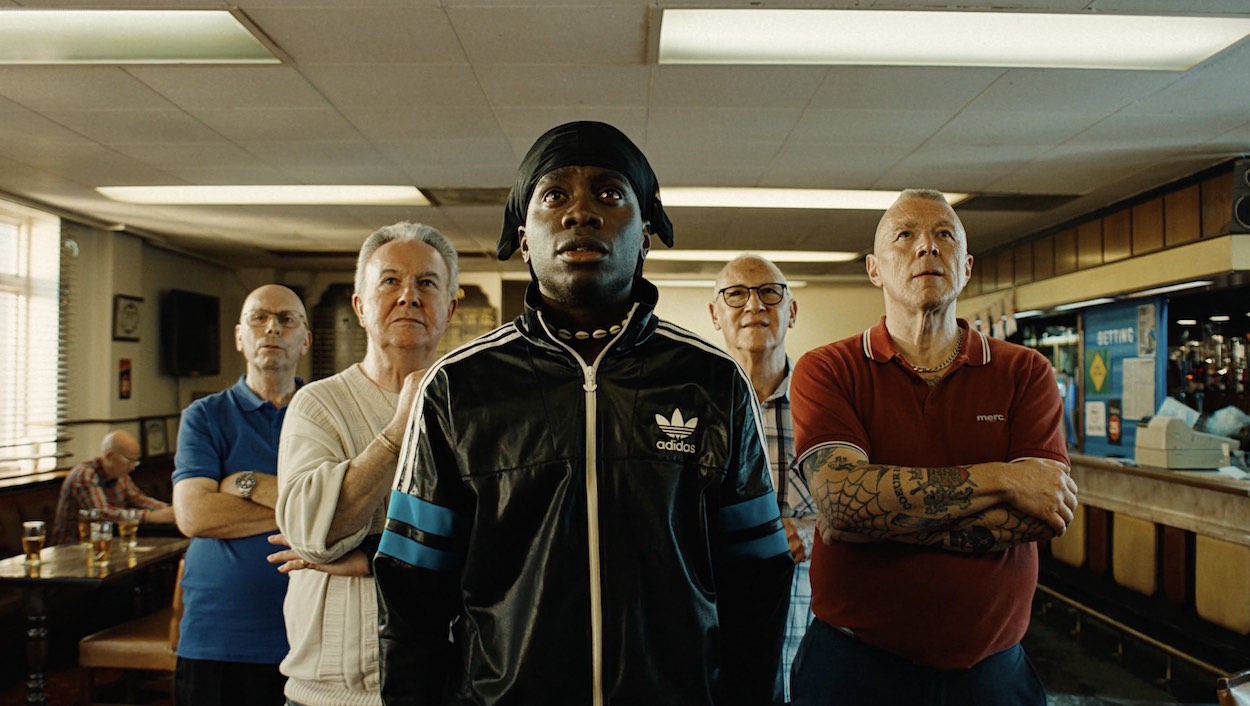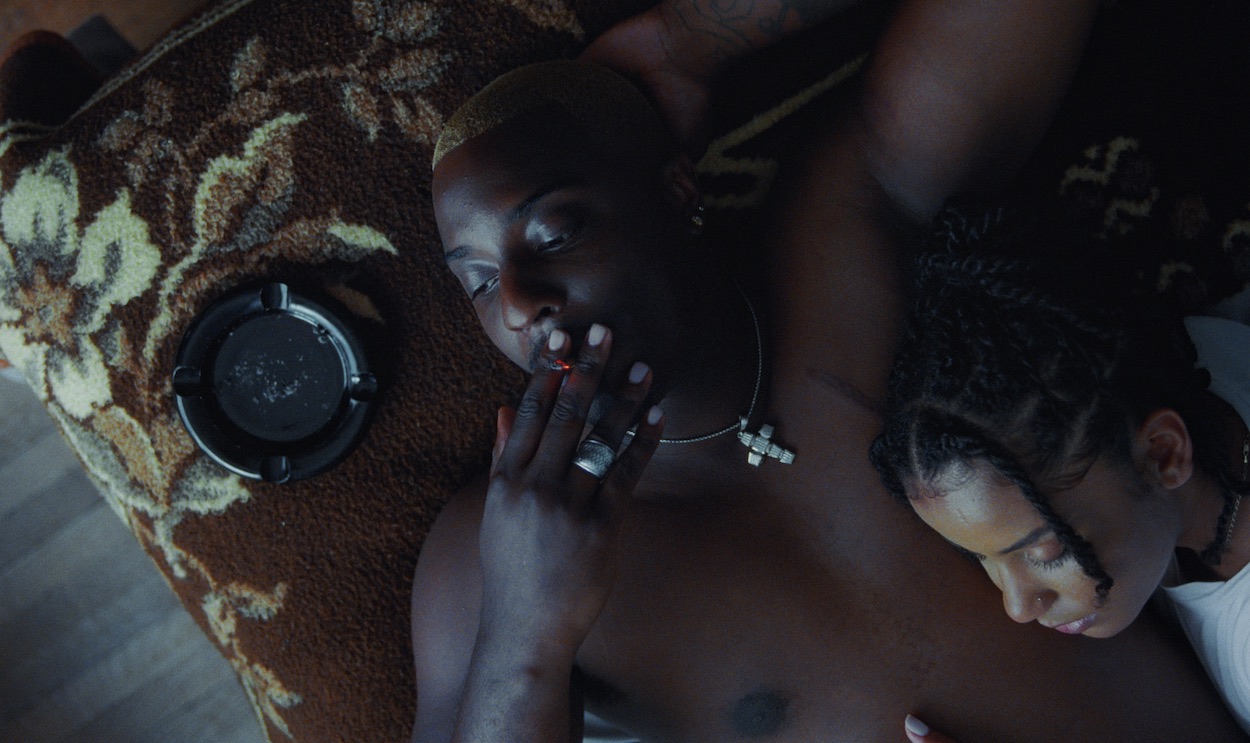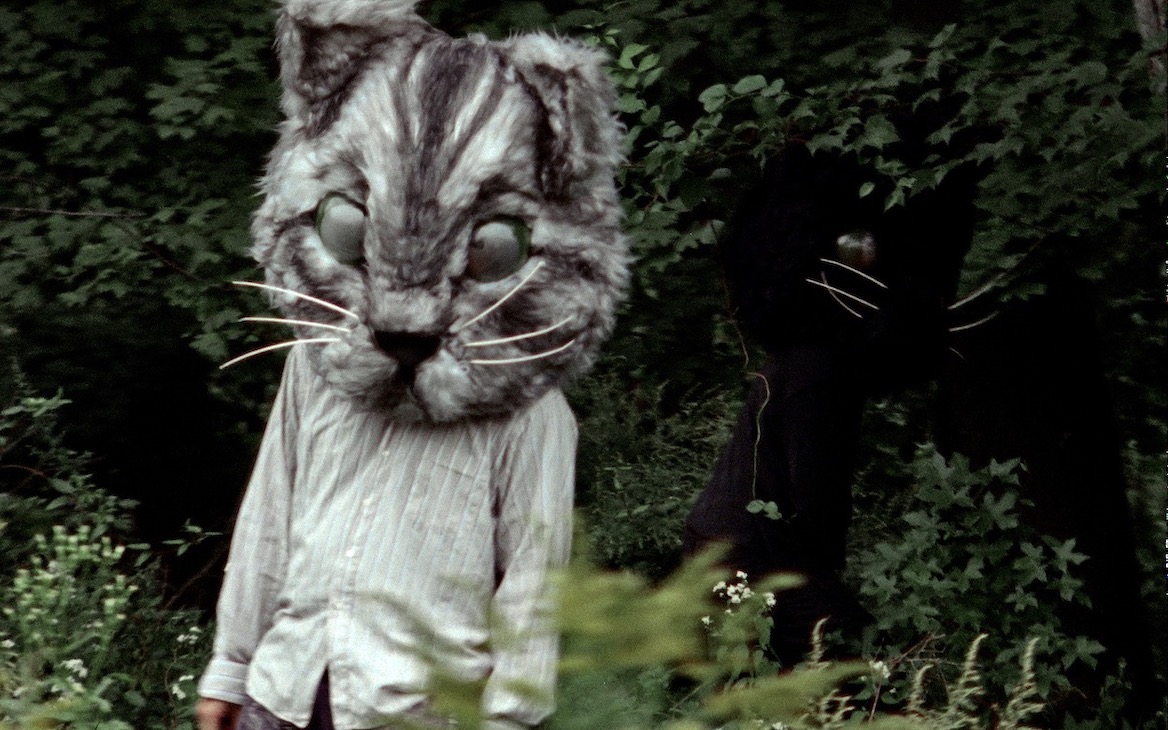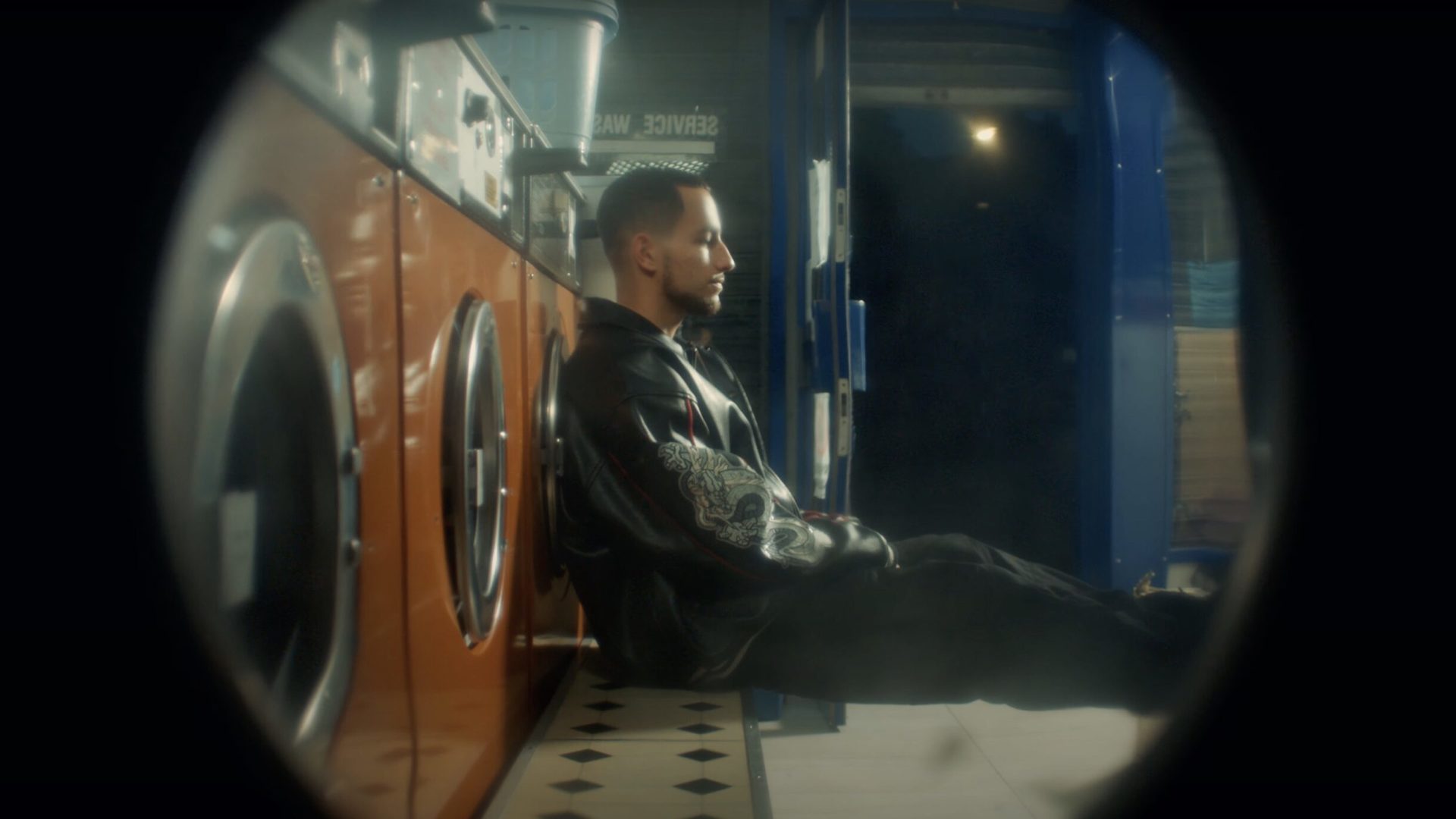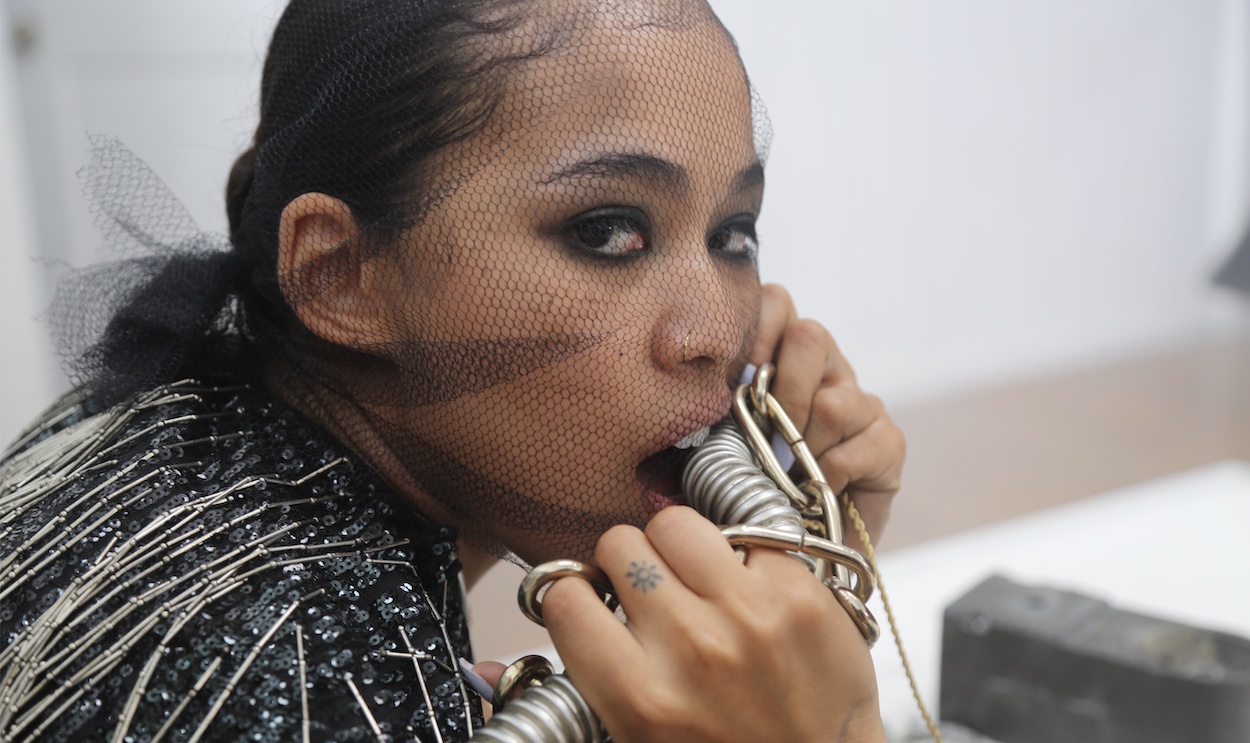On set with Sevdaliza, I Don’t Know Where To Start
What do you feel the city of Amsterdam offered you as a young creative? Did your ties to Egyptian culture also play into your creative upbringing?
Amsterdam is internationally orientated; it’s a small city with a big reach. My quality of life there has been great up to this point. I’d say my dual perspective on society helped me sharpen my creativity. Egypt has been, and always will be, very dear to me. Being raised with a bi-cultural background is a big plus in my opinion. It makes you adaptable, fluid, and nourishes you with a lot of inspiration.
You’ve spoken about how you imagined that you’d grow up to become an inventor – which in some ways you very much have, in that you’re constantly inventing narratives and developing new worlds in your films. At what point did you realise that directing could be the right path for you?
I remember making my first short. I did it out of curiosity to see if directing was something I wanted to pursue. That process felt very natural for me, and I enjoyed every bit of it. That’s when I realized that this was it.
Sevdaliza, Everything is Everything
The line “Viewer conversation is encouraged” at the start of IDKWTS really caught our eye. Can you tell us a bit about how the topic of mental health, and more specifically the extreme capabilities of the subconscious brain, became the subject of this collaboration with Sevdaliza?
At the time Sevda and I were working on a few different projects. A friend of mine had been talking to his therapist and we chatted about his experience, and the idea of compulsive subconscious thoughts stuck with me. It’s a sensitive topic that I wanted to treat with respect. I wrote a first draft and floated the idea to Sevda. Mental health has always be an important theme for her. She loved it and that’s how it started.
The film never lingers too long on a clear shot of this otherworldly woman, which strikes a wonderful contrast with the extended coverage of your protagonist. Tell us about the decision-making process on how this hallucination was going to look, and in particular the symbolism of that incredible umbilical cord.
I wanted the viewer to be trapped in Daniel’s mind (played by Josef Altin), which is why I decided to stay on him most of the time. It’s his jammed brain and point of view that we’re seeing; although Sevdaliza looks incredible, the story is his to tell. It was quite challenging to get this right, as shooting on 35mm film meant that we couldn’t just press record and shoot. We calculated the stock and blocked the shots on Sevda and Josef precisely to make sure we had enough film for the right bits.
The umbilical cord was something we came up with during our meetings. We were looking for the right symbolism and I remember Sevda suggesting some sort of umbilical cord. I wanted it to be surreally long so we did some early sketches and then created it with the team.
Sevdaliza
Did those extensive prosthetics cause logistical issues for you while filming? What other challenges did you encounter while shooting IDKWTS?
I mean I’d say prosthetics are always tricky because it requires a lot of prep. The prosthetics were made by Esmay Wagemans, a pro in prosthetics. She made sure everything was ready on time. Shooting with a small budget is always challenging, and we shot everything in one day which made it even more challenging. The rehearsal time I had in London with Josef (Daniel) and Sacha (the psychiatrist) was very helpful ahead of the shoot.
We’d love to hear a bit about how the creative partnership with Sevdaliza played out on this project, having directed a music video with her previously, and with her both scoring this film and starring in it. What did the process look like for the two of you working together, both on set and then in post-production?
There’s a mutual feeling of trust between us that helps to create these types of projects. We have a lot in common – we draw inspiration from different fields and give each other the freedom to work things out for ourselves. In terms of being on set, she allows me the space to do my own thing. I do always involve her in the post-production process, because I believe that’s important for co-creation. Luckily we’ve been always on the same page. I’ve just finished my first feature, and when I asked Sevda to be part of it she agreed without hesitation. I guess that mutual trust is something that grew over time.
The New Originals
Looking to your portfolio of commercial work, you’re a master at exhilarating, pulse-racing montages and you’re never afraid to jump cut between extremes of shot size. To what extent does rhythm, and sound more generally, make or break the editing process for you?
Sound and music are extremely important. I usually arrive at the edit with an idea for both. Having done some music videos I know how important it is to treat sound as a pre-thought and not an after thought.
You studied a university course in Media & Culture, but you say that your true media education was learning by doing – with a camera in your hand and a makeshift crew of friends around you. Do you have any advice for young filmmakers who are currently in their earliest stages of learning the craft?
My advice would still be the same. Go and try it out. See if you like it. I’m sorry it’s such a cliché, but it’s true. Find a crew of people that have the same love for film as you do and start creating.
What are you working on next? Is there anything else you’d like to mention?
I just wrapped the post for my feature fim. It’s going to be released early 2024, so I’m looking forward to that. I’m also pitching on some commercials at the moment and developing some ideas for a new film.
Interview by Becca Nichols
Director – @sharifelmawla
Prod Company – @partizan
